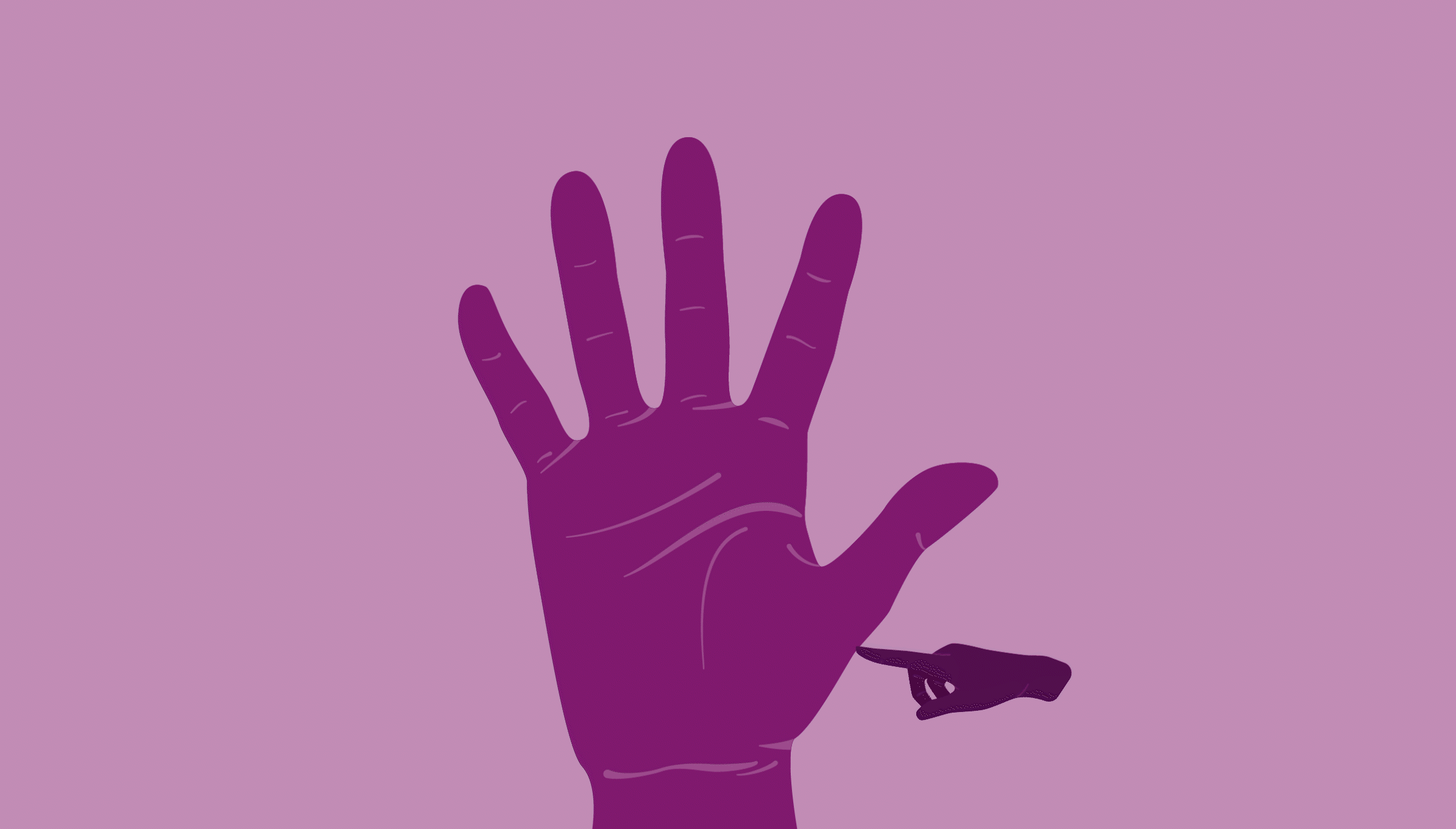When we envision the arrival of spring and summer, a multitude of vivid scenes flood our thoughts — tending to flourishing gardens, relishing in the rhythmic crashing of ocean waves, and embarking on joyous family getaways. Yet, beneath the surface, our bodies undergo profound transformations in response to stress caused by shifting seasons, whether we consciously acknowledge them or not. In the Northern hemisphere particularly, these changes can wield a harmful influence on our overall well-being, especially our mental health. This is because the differences in duration of sunlight in comparison to winter and fluctuating climate conditions exert their most potent effects.
Summer’s Scorching Impact: Sunlight Hours and Heat Alerts
Spring and summer, with their longer sunlight hours and scorching heat, can lead to destructive wildfires and, similarly, it can also disrupt our body’s equilibrium with significant consequences. Our internal circadian rhythm is strongly governed by sunlight exposure and lacks the ability to swiftly adapt to abrupt alterations in duration of exposure. This is similar to the disorienting effects of jet lag when traveling across time zones. As a consequence, we find ourselves succumbing to fatigue, experiencing frequent mood swings, and even falling victim to depression which impairs our overall mental functionality. While these symptoms affect individuals across the board, it is crucial to swiftly address them as their persistence may escalate into a more severe condition known as seasonal affective disorder. Nonetheless, there is no need for undue concern, as numerous approaches to effectively manage this exist.
Another prominent risk factor lies in the elevated temperatures in spring and summer that can lead to dehydration, heat strokes, and episodes of fainting. Additionally, passive heating during the night due to heat radiation from the earth can disrupt our sleep, as cooler temperatures are ideal for restful slumber. As temperatures soar, symptoms such as sweating, shortness of breath, flushed complexion, and accelerated heart rate can induce anxious thoughts, as these physiological responses are intricately linked to feelings of anxiety in the first place. These emotions can then easily evoke depression or panic attacks, which is not a healthy cycle.
Reclaiming Balance: Strategies to Counteract the Adverse Effects of Seasonal Changes
Sometimes our bodies need our help by our thoughtful actions to counter the disruptive effects of changing seasons. Some of the most common ways are listed below:
- Drink Water, I Mean Lots of Water: Staying hydrated by drinking water may seem like a simple and self-evident measure, yet it is a step we frequently overlook, neglecting to prioritize it as often as we should. During the spring and summer seasons, it becomes imperative to take proactive measures by consistently reminding ourselves of this vital need. Notably, water stands as the optimal and most economical solution to shield ourselves from the detrimental effects of heat.

- Take Breaks & Enjoy the Season: Amidst the excitement of welcoming warmer weather, we often find ourselves consumed by personal agendas, inadvertently overlooking the simple joy of embracing the season. Crafting a well-balanced plan that allows for ample breathing room can be instrumental in fostering a relaxed state of mind and promoting rational thinking, particularly during moments of anxiety. Maybe eat ice cream and drink cool beverages while you work!

- Breathing Techniques & Adequate Sleep: As the seasons shift, both the quality and quantity of our sleep often experience a decline, necessitating adjustments in our environment and routines to cater to our needs. Achieving restorative sleep requires a cool (yet not freezing) sleeping environment. To counter the effects of heat waves, consider utilizing air-conditioning, fans, opening windows, indulging in a refreshing cool shower before bedtime, and even placing an ice pack beneath your pillow. Furthermore, incorporating guided and slow breathing techniques can effectively relax both the body and mind, fostering a mindset conducive for a tranquil sleep experience. For instance, consider incorporating the “five-finger breathing” technique into your bedtime routine. Begin by inhaling slowly and consciously counting to four while visualizing the ascent along each finger. Pause momentarily at the top of the finger, and then exhale gradually, counting to four or five, while picturing the descent along each finger. Repeat for each finger and thumb.

In conclusion, the arrival of spring and summer brings about more than just idyllic images of gardening and beach vacations. Our bodies undergo significant changes as sunlight hours lengthen and temperatures rise, which can have both physical and mental health implications. Therefore, it is crucial to recognize and address these challenges promptly. From staying hydrated and adjusting sleep environments to creating balanced plans and practicing relaxation techniques, there are practical steps we can take to mitigate the negative effects of changing seasons. By being proactive and mindful of our mental well-being, we can navigate the impacts of long sunlight hours and heat waves while safeguarding our mental health and overall vitality.
Note: The Free Your Mind Mental Health Society is an independent youth-led organization. The contents of this blog are not intended to be a substitute for professional medical advice, diagnosis, or treatment. Always seek the advice of your physician or another qualified health provider with any questions you may have regarding a medical condition. In the event of a medical emergency, please call your doctor or 911 or other local emergency numbers immediately.

